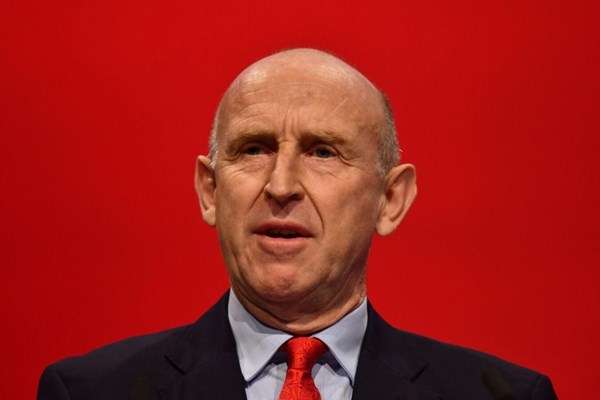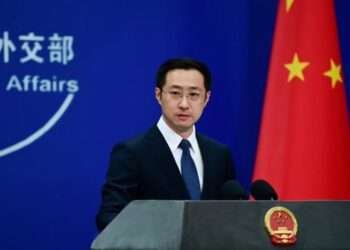The UK is poised to commit to a significant rise in defence spending at an upcoming NATO summit, with insiders saying the country will “without a doubt” agree to boost military expenditure to 3.5% of GDP by 2035.
The expected pledge, believed to be aimed at placating US President Donald Trump, comes amid growing international pressure for NATO allies to share a larger burden of collective defence.
Prime Minister Keir Starmer’s efforts to reshape the UK’s defence policy hit a hurdle on Monday when his administration declined to offer a concrete timeline for raising spending to 3%. The hesitation drew criticism amid fears that Britain is not responding swiftly enough to emerging global threats, including those posed by Russia.
Sir Keir, along with other NATO heads of state, is facing mounting demands from President Trump to speed up defence investment and lessen Europe’s reliance on American military support. According to senior defence officials, the alliance is now leaning toward a bold new target that could see members dedicating a combined 5% of GDP to defence-related areas.
This proposal, expected to be finalised during the NATO summit in The Hague later this month, includes 3.5% for traditional military expenditure and an additional 1.5% for cyber operations, intelligence, and infrastructure. Defence sources said that the UK will almost certainly sign onto this framework, as NATO Secretary General Mark Rutte seeks to unify members and signal strength to Washington.

Last week, Rutte signalled this intention, stating: “I assume that in The Hague we will agree on a high defence spend target of in total 5%.” He elaborated that hard defence alone would account for “considerably north” of 3%.
Defence Budget May Trigger Tax Debate
The challenge now lies in how the UK intends to fund its share. On Tuesday, Defence Secretary John Healey refused to rule out tax increases, a possibility raising eyebrows within economic circles. Questions remain over how Britain will finance its ramped-up military ambitions amid a constrained fiscal environment.

When pressed about the potential tax burden on the public, Healey offered a vague response: “We’ll set out how we’ll pay for future increases in the future.” Though he reassured Parliament of his confidence that the 3% defence target would be achieved, he did not specify the funding mechanism — a gap that critics argue could undermine credibility.
The ambiguity follows Sir Keir Starmer’s much-anticipated defence strategy announcement, which outlined Britain’s commitment to becoming “war ready” in an increasingly hostile global environment. Yet, economic analysts have cautioned that meeting such a target would likely necessitate substantial revenue hikes or significant spending cuts elsewhere.
The Prime Minister’s official spokesman reiterated: “The UK’s commitment to NATO is unshakeable, we’ve always put NATO at the heart of our approach to defence.”
“As the prime minister said yesterday, there will always be discussions about the contribution going into NATO in the lead up to the conference.”
Prime Minister’s official spokesman
In raw spending terms, Britain remains a leader within the alliance. Only the United States and Germany surpass the UK in defence expenditure, placing it in the top three contributors. This existing prominence adds weight to the anticipated commitment and strengthens London’s credibility within the NATO fold.
With the Hague summit fast approaching, the UK’s final position will likely play a critical role in shaping NATO’s future trajectory — and its relationship with the United States under Trump’s second-term leadership.
READ ALSO: Dr. Anabah Says Wontumi Deserves No Sympathy























